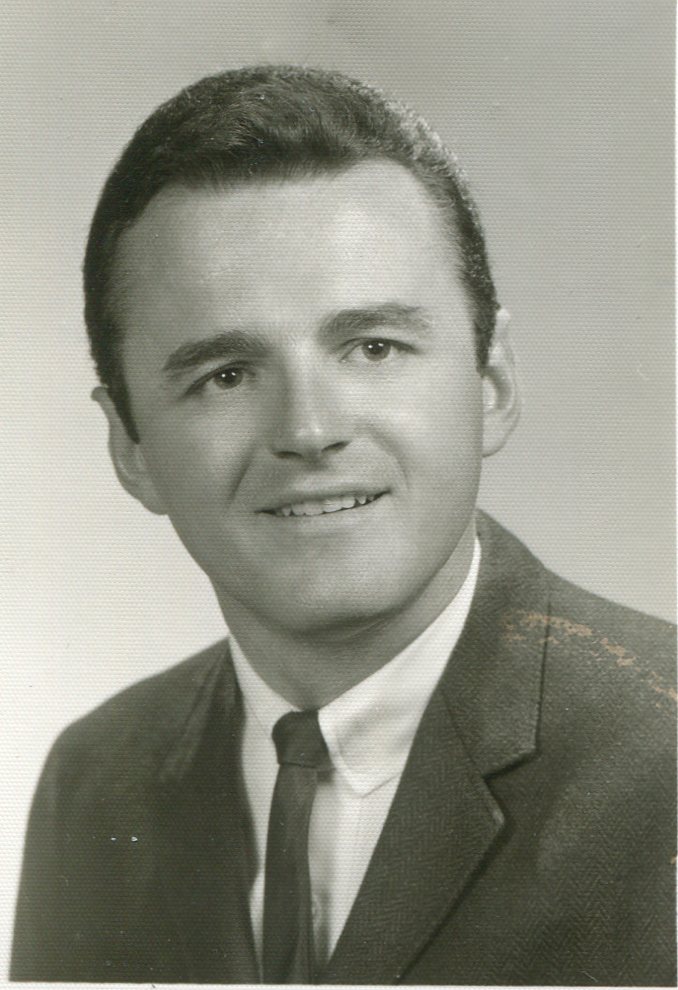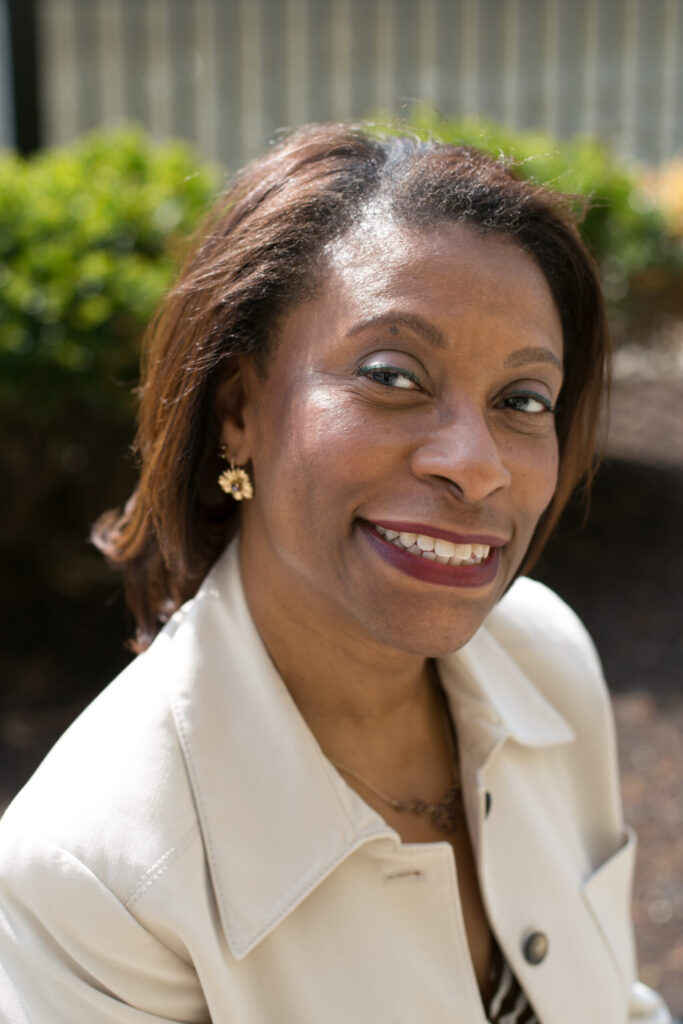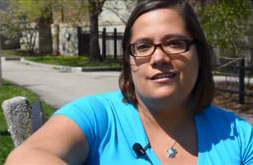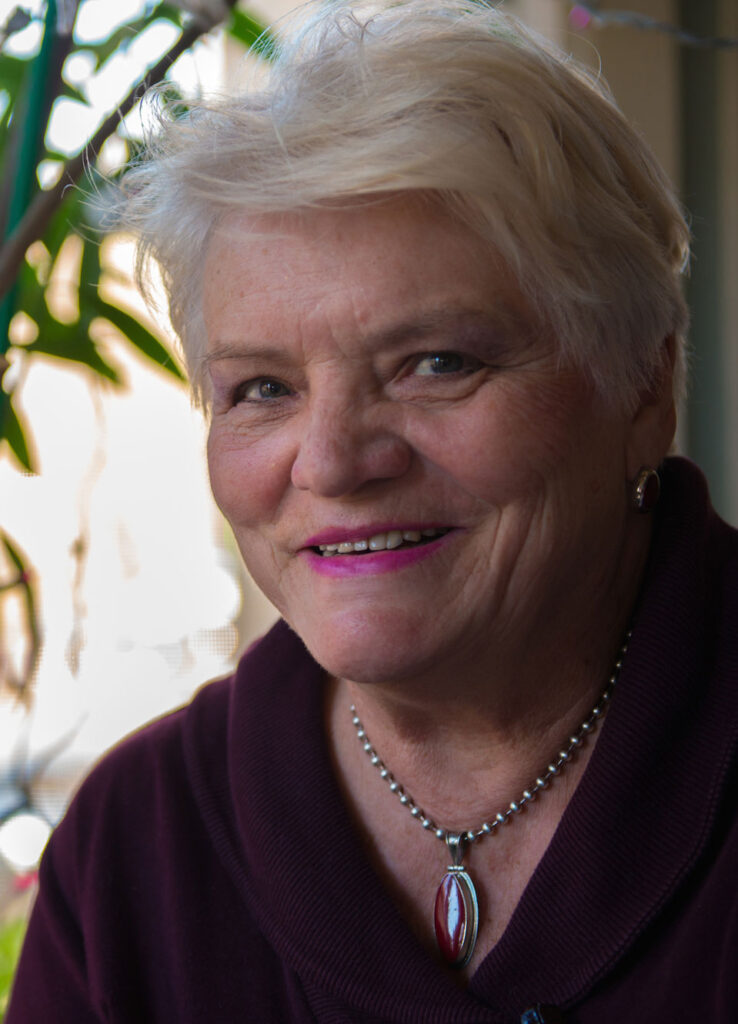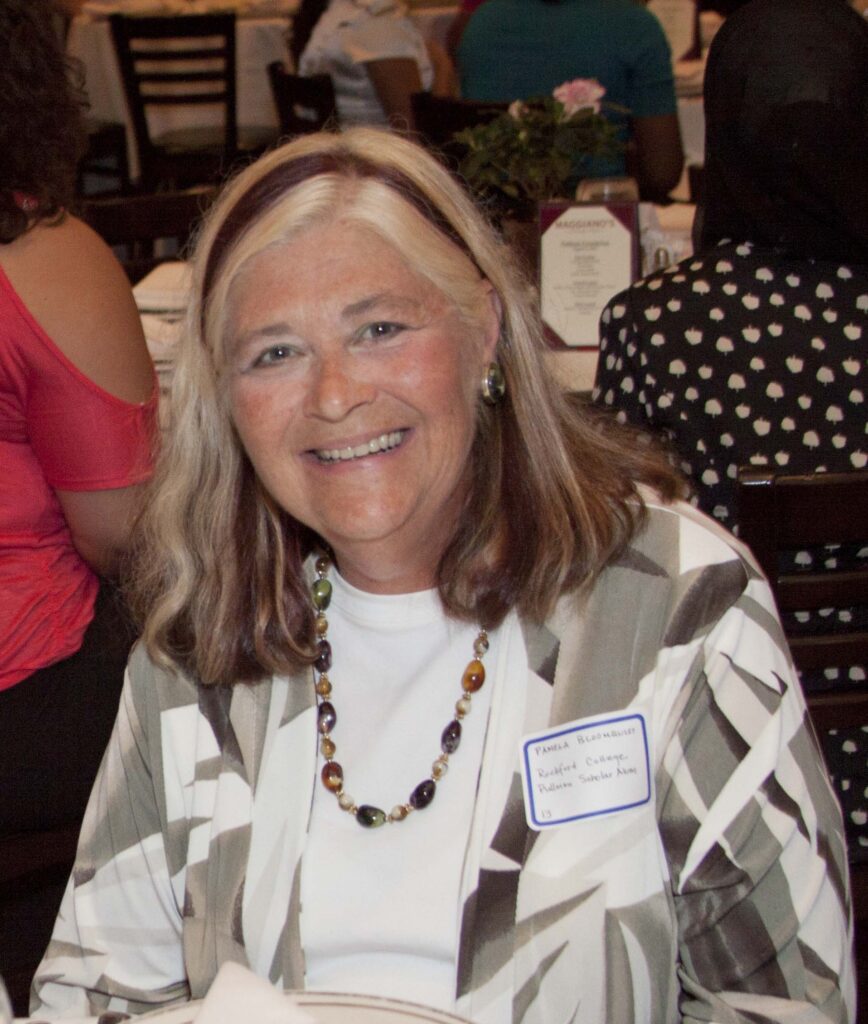The George M. Pullman Educational Foundation helped Tom Meagher attend college. Now he’s giving back. At age 70, Tom Meagher has the luxury of reviewing a life well lived—a loving family, a fulfilling career, a retirement characterized by good health and financial comfort. You get the feeling he wouldn’t change much if he had to […]
Read More… from Pullman Scholar Alumni Enjoys Linking Experience to Need
